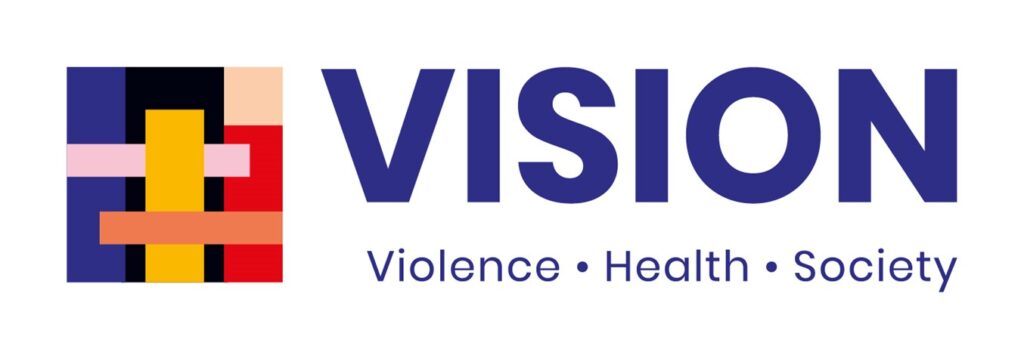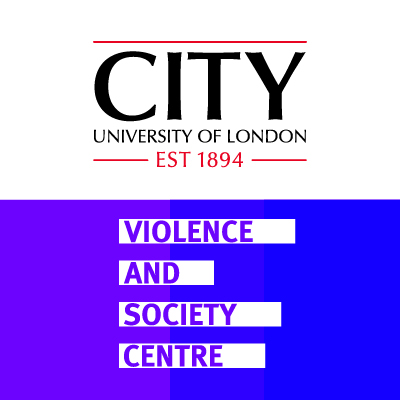Domestic violence and abuse (DVA) harms individuals from all backgrounds, yet the experiences and needs of different communities vary significantly. The Crime Survey for England and Wales (CSEW) estimated that over 1.4 million women and 751,000 men experienced DVA in the year ending March 2023. Black and minoritized women may face heightened vulnerability to DVA due to factors such as socio-economic deprivation, racism, and exposure to specific forms of violence such as so-called honor-based abuse, female genital mutilation or forced marriage.
In addition, minoritized “survivor–victims” of DVA may face intersecting challenges within their socio-political and community context that impede their ability to disclose DVA and may experience social stigma and fears of racism from service providers for example.
This scoping review maps the existing available literature on Black and minoritized women’s experiences with specialist DVA services in the UK to summarize current understanding and identify knowledge gaps.
The research team, comprised of Penelope E. Lowe from University of Roehampton, VISION researchers Sally McManus, Ravi K. Thiara, Estela Capelas Barbosa and Ladan Hashemi, and Pardis Asadi Zeidabadi from City St George’s UoL, and Sumanta Roy of Imkaan and a VISION Advisory Board member, conducted a comprehensive search across multiple databases and gray literature sources.
Thematic analysis of the findings revealed three main themes: additional service needs, barriers to accessing support, and the pivotal role of “by and for” services. The team concluded that “by and for” services—provided by and for minoritized women—which adopt an intersectional approach are crucial in addressing the unique needs of Black and minoritized “survivor–victims”, particularly in terms of language support, practical assistance, and community-related support. There is a need for more peer-reviewed literature to recognize the role of “by and for” services, using diverse methodologies to support Black and minoritized communities better.
To download the article: Black and Minoritized Women’s Experiences of Specialist Domestic Violence Service in the United Kingdom (UK): A Scoping Review
To cite: Lowe, P. E., McManus, S., Asadi Zeidabadi, P., Thiara, R. K., Roy, S., Capelas Barbosa, E., & Hashemi, L. (2025). Black and Minoritized Women’s Experiences of Specialist Domestic Violence Services in the United Kingdom (UK): A Scoping Review. Trauma, Violence, & Abuse, 0(0). https://doi.org/10.1177/15248380251335038
For further information, please contact Penelope at penelope.lowe@rutgers.edu
Illustration from Adobe Photo Stock subscription


